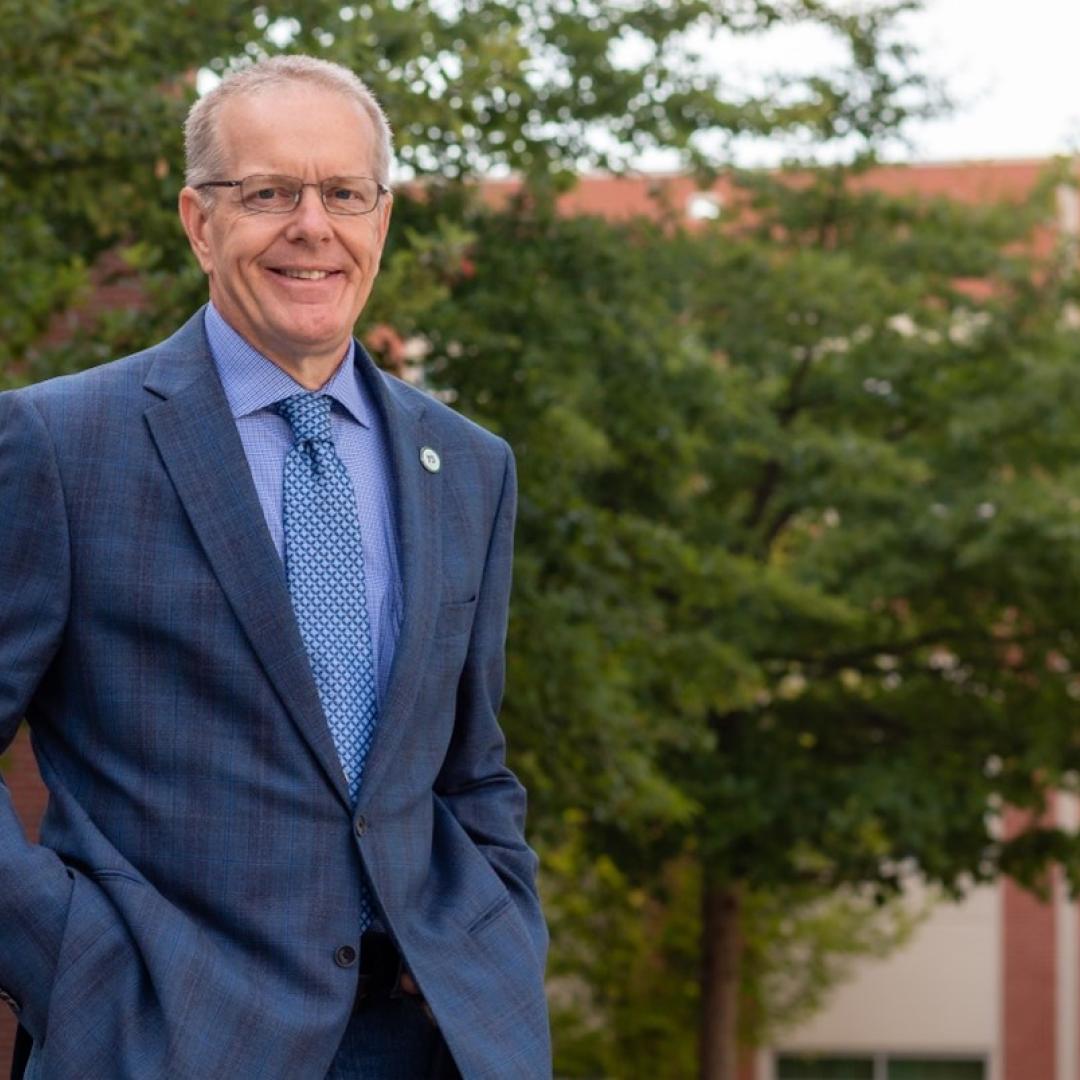
Filter News
Area of Research
News Type
News Topics
- (-) Chemical Sciences (22)
- (-) Environment (101)
- (-) Materials (41)
- 3-D Printing/Advanced Manufacturing (37)
- Advanced Reactors (8)
- Artificial Intelligence (46)
- Big Data (22)
- Bioenergy (50)
- Biology (58)
- Biomedical (28)
- Biotechnology (11)
- Buildings (18)
- Clean Water (14)
- Climate Change (48)
- Composites (6)
- Computer Science (82)
- Coronavirus (17)
- Critical Materials (2)
- Cybersecurity (14)
- Decarbonization (45)
- Education (1)
- Emergency (2)
- Energy Storage (28)
- Exascale Computing (25)
- Fossil Energy (4)
- Frontier (24)
- Fusion (30)
- Grid (23)
- High-Performance Computing (43)
- Hydropower (5)
- Isotopes (27)
- ITER (2)
- Machine Learning (22)
- Materials Science (44)
- Mathematics (6)
- Mercury (7)
- Microelectronics (2)
- Microscopy (20)
- Molten Salt (1)
- Nanotechnology (16)
- National Security (35)
- Net Zero (8)
- Neutron Science (47)
- Nuclear Energy (54)
- Partnerships (16)
- Physics (28)
- Polymers (8)
- Quantum Computing (20)
- Quantum Science (30)
- Renewable Energy (1)
- Security (11)
- Simulation (30)
- Software (1)
- Space Exploration (12)
- Summit (30)
- Sustainable Energy (43)
- Transformational Challenge Reactor (3)
- Transportation (27)
Media Contacts
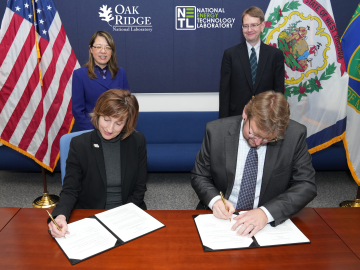
ORNL is teaming with the National Energy Technology Laboratory to jointly explore a range of technology innovations for carbon management and strategies for economic development and sustainable energy transitions in the Appalachian region.
The Autonomous Systems group at ORNL is in high demand as it incorporates remote sensing into projects needing a bird’s-eye perspective.
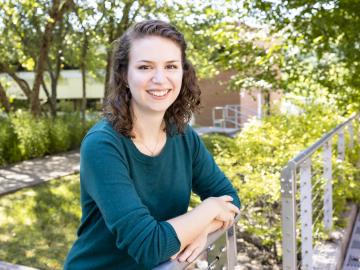
Alice Perrin is passionate about scientific research, but also beans — as in legumes.
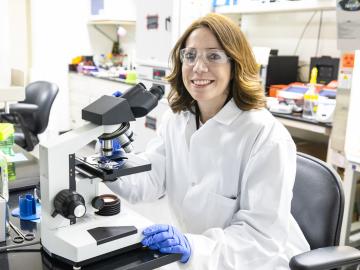
Joanna Tannous has found the perfect organism to study to satisfy her deeply curious nature, her skills in biochemistry and genetics, and a drive to create solutions for a better world. The organism is a poorly understood life form that greatly influences its environment and is unique enough to deserve its own biological kingdom: fungi.
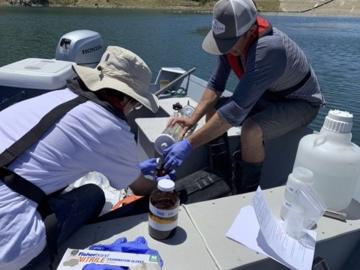
Environmental scientists at ORNL have recently expanded collaborations with minority-serving institutions and historically Black colleges and universities across the nation to broaden the experiences and skills of student scientists while bringing fresh insights to the national lab’s missions.
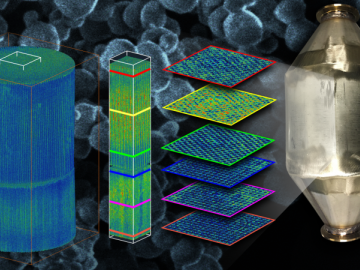
Natural gas furnaces not only heat your home, they also produce a lot of pollution. Even modern high-efficiency condensing furnaces produce significant amounts of corrosive acidic condensation and unhealthy levels of nitrogen oxides
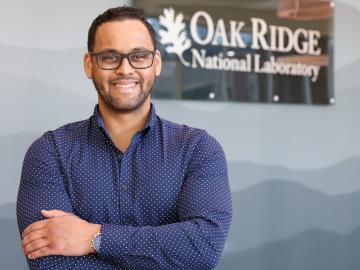
When Addis Fuhr was growing up in Bakersfield, California, he enjoyed visiting the mall to gaze at crystals and rocks in the gem store.
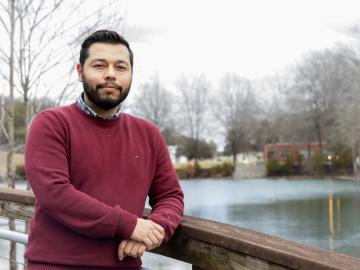
Hydrologist Jesús “Chucho” Gomez-Velez is in the right place at the right time with the right tools and colleagues to explain how the smallest processes within river corridors can have a tremendous impact on large-scale ecosystems.
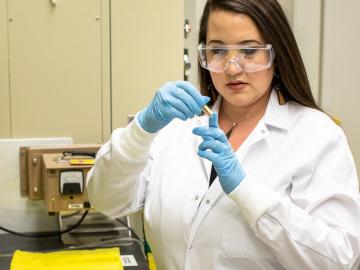
The word “exotic” may not spark thoughts of uranium, but Tyler Spano’s investigations of exotic phases of uranium are bringing new knowledge to the nuclear nonproliferation industry.
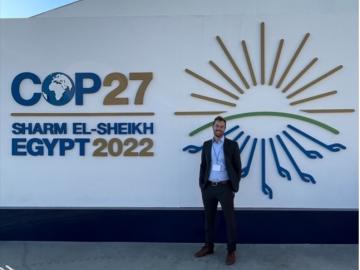
David McCollum, a senior scientist at the ORNL and lead for the lab’s contributions to the Net Zero World Initiative, was one of more than 35,000 attendees in Egypt at the November 2022 Sharm El-Sheikh United Nations Framework Convention on Climate Change, or UNFCCC, Conference of the Parties, also known as COP27.


